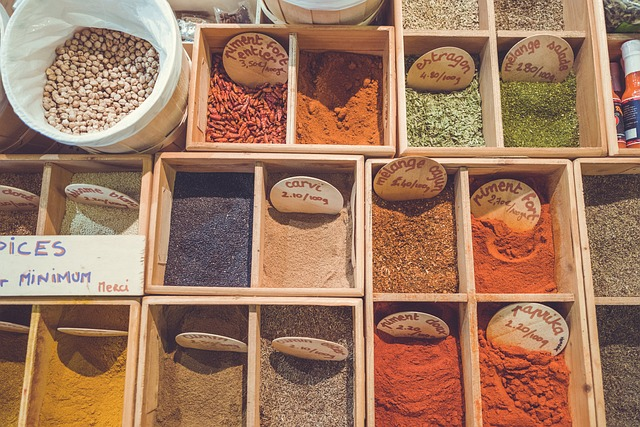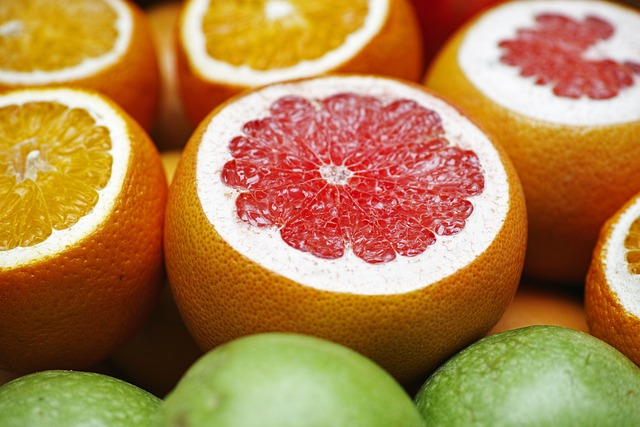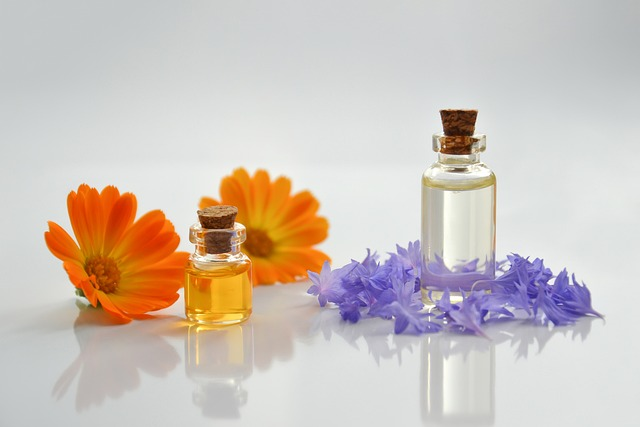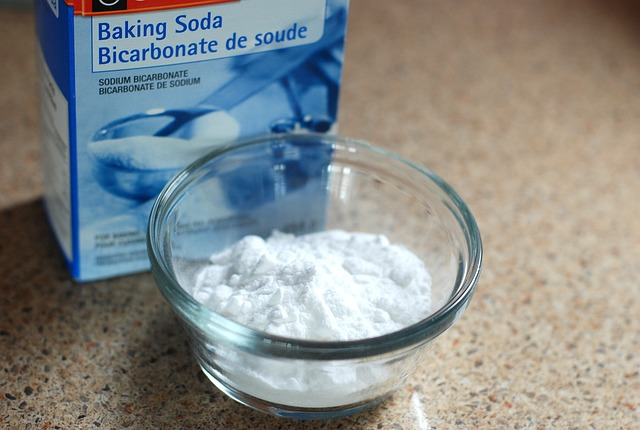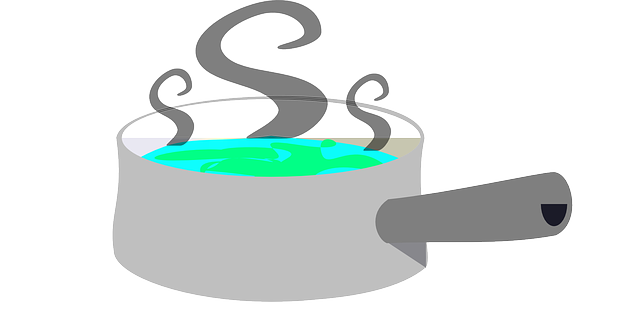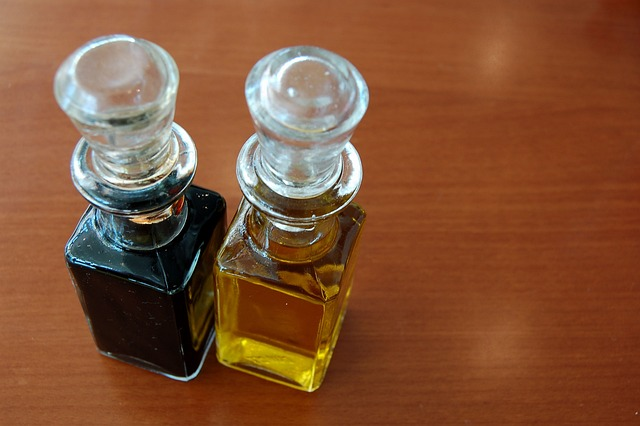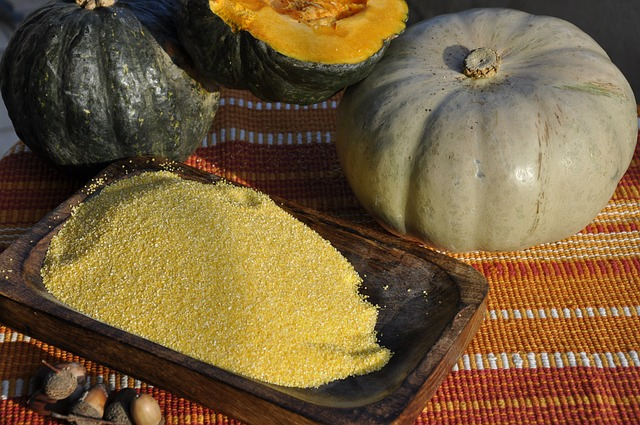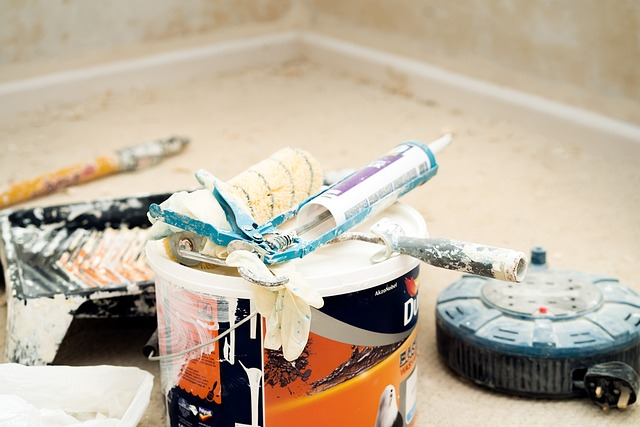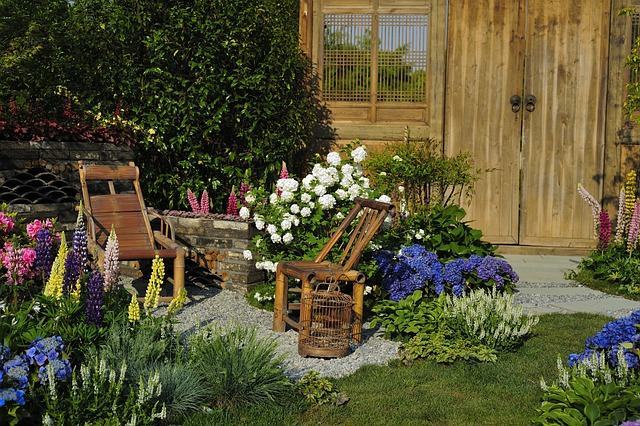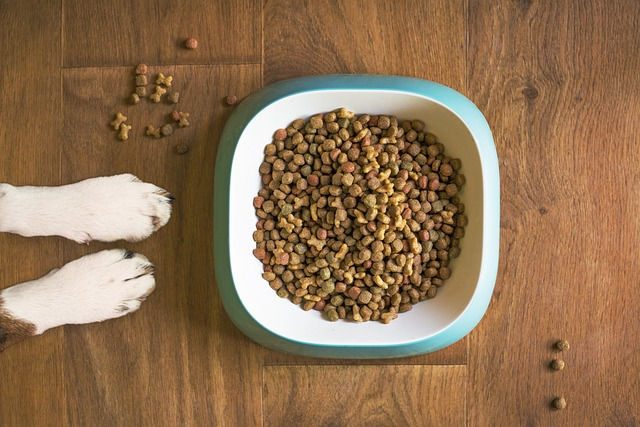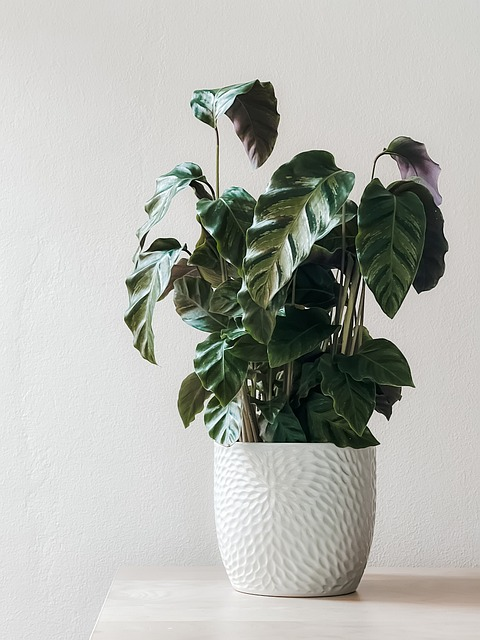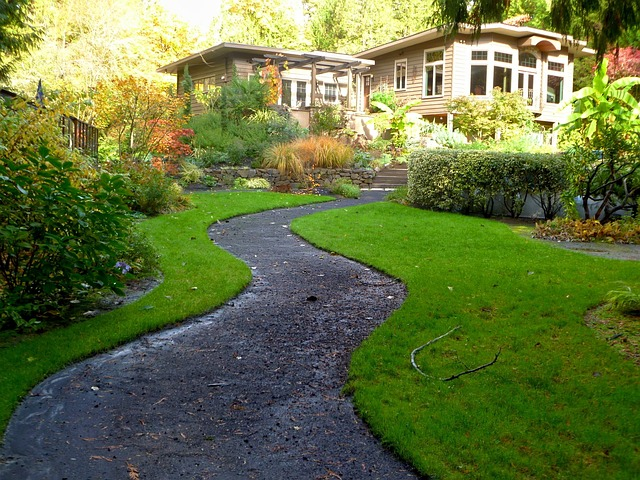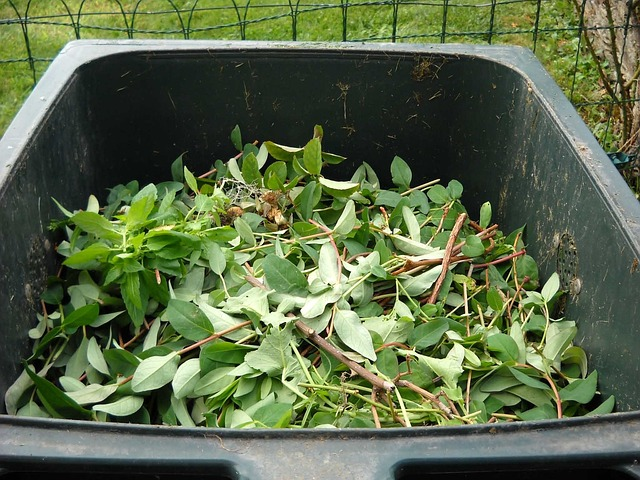Are you tired of pesky ants invading your home, but worried about using harsh chemicals that could harm your family and pets? We’ve got you covered! In this blog post, we’ll share 23 natural and safe ways to kill ants naturally without resorting to toxic chemicals. These eco-friendly solutions are not only effective but also kind to the environment, keeping your home ant-free and your conscience clear.
From diatomaceous earth to essential oil sprays, these natural ant control methods can help you regain control over your household without risking the health of your loved ones. So, let’s dive in and explore these 23 ways to naturally and safely eliminate ants from your home!
Key Takeaways
- Eliminate ants safely and naturally with diatomaceous earth, essential oil sprays, baking soda & sugar solution, boiling water treatment and more!
- Create barriers with coffee grounds or cayenne pepper to keep ants out of your home.
- Maintain outdoor spaces by trimming landscaping around the foundation and store pet food in sealed containers for an ant-free environment.
Using Diatomaceous Earth
Have you ever heard of diatomaceous earth? This incredible natural, non-toxic powder is made of tiny fossils from microscopic organisms known as diatoms. It’s amazing at killing ants naturally and safely by absorbing the oils in their skeletons, effectively drying them out. Forget about harmful chemicals, diatomaceous earth is a great alternative to traditional insecticides that is safe for your family and pets.
Sprinkling diatomaceous earth along ant trails, baseboards, entrances, and other problem areas can be very effective in controlling ant colonies. However, for optimal results, you need to apply it appropriately and take necessary safety measures.
Proper Application
To eradicate ants naturally with utmost efficiency, apply diatomaceous earth around baseboards, entrances, and ant trails. Be sure to use food-grade diatomaceous earth, not swimming pool DE, to ensure the safety of your family and pets.
Remember, the key to success is covering the areas where ants are most likely to congregate and feed.
Safety Precautions
Diatomaceous earth can be an irritant if inhaled or if it gets in your eyes. For your health and well-being, avoid inhaling it and ensure to wear a dust mask and safety goggles during application.
Additionally, if you’re considering using borax as an alternative, make sure to keep it away from pets and small children, as it is only toxic if ingested.
With the right safety measures in place, diatomaceous earth can be safely and effectively used to combat ant infestations in your home.
Citrus Fruit Peels
I bet you didn’t know that ants loathe the scent of citrus fruits ants hate! Citrus fruits are a big no-no for them. That’s right! Scattering citrus fruit peels, such as orange or lemon, around ant entry points can deter ants with their strong scent. This simple yet effective method works by masking their trail and the scent of the food source they were attracted to, preventing them from coming back and ensuring they stay away.
Not only is this method safe and natural, but it also gives you the perfect excuse to enjoy some refreshing citrus fruits. So go ahead, enjoy that orange or lemon, and use the leftover peels to keep those pesky ants at bay!
Essential Oil Sprays
Essential oils are not only great for aromatherapy but also for repelling ants! Some of the most effective essential oils for ant control include peppermint oil, tea tree oil, and lemon eucalyptus oil. These oils can be mixed with water and sprayed around your home to disrupt ants’ scent trails and deter them from entering.
Prepare an essential oil spray by mixing 10 drops of your preferred oil, such as cinnamon oil, with water in a large spray bottle. You can also try soaking cotton wool or tissue in the solution and leaving it in hotspot areas for an extra layer of protection.
Ensure essential oils are kept out of reach from pets, particularly cats, as exposure can make them extremely ill.
Baking Soda and Powdered Sugar Solution
Another great way to kill ants naturally is by using a mixture of baking soda and powdered sugar. The sweetness of the powdered sugar attracts the ants, while the baking soda reacts with the acid in their stomachs, effectively eliminating them.
To use this solution, simply:
- Mix equal parts of baking soda and powdered sugar
- Sprinkle the mixture around ant-infested areas
- The ants will carry the mixture back to their nest, sharing it with the rest of the colony
- This will eventually kill the entire group.
Boiling Water Treatment
If you’re looking for a quick and effective way to get rid of ants, the boiling water treatment might be the solution for you. Here’s how to do it:
- Locate the ant hills or nests in your yard.
- Boil a pot of water.
- Carefully pour the boiling water directly onto the ant hills or nests.
- The boiling water will instantly kill the ants and destroy their home.
Exercise caution when using this method since boiling water might lead to severe burns and potential damage to your grass and soil.
Before resorting to boiling water, consider trying other natural ant control methods first. But if you find yourself dealing with a particularly stubborn ant colony and need a fast solution, boiling water can be an effective way to eliminate the ants.
Vinegar Cleaning Solution
Vinegar is not only a versatile household cleaner but also an effective ant repellent. By using a vinegar cleaning solution, you can:
- Wipe down surfaces and repel ants by removing their scent trails
- Create a vinegar solution by mixing equal parts of vinegar and water
- Use the solution to clean countertops, floors, and other areas where ants like to travel
Keep in mind that vinegar may cause damage to natural stone countertops, so it’s essential to test a small, inconspicuous area first or use an alternative cleaning solution for those surfaces. Regular cleaning with vinegar can help keep your home ant-free and maintain a clean and healthy living space.
Cornmeal or Cornstarch
Cornmeal and cornstarch can be effective in killing ants by suffocating them. Sprinkle these natural, non-toxic substances around ant-infested areas to help eliminate the ants without harming your family or pets.
As the ants come into contact with the cornmeal or cornstarch, they will struggle to breathe and eventually die. This method can be a great alternative to chemical insecticides, providing a safe and natural way to get rid of ants in your home.
Coffee Ground Barrier
If you’re a coffee lover, you’re in luck! Used coffee grounds can be an effective way to deter ants from entering your home. By creating a barrier with coffee grounds, you can prevent ants from crossing the area and gaining access to your living space.
Simply sprinkle used coffee grounds around entry points and problem areas to keep ants at bay. This method is not only natural and safe but also a great way to repurpose your morning coffee grounds.
Cayenne Pepper Deterrent
Cayenne pepper is another natural deterrent that can be used to keep ants away from your home. The strong smell and spicy nature of cayenne pepper can irritate ants and disrupt their trails. To use cayenne pepper as a deterrent, simply sprinkle it around entry points and problem areas where you’ve noticed ant activity.
The pepper’s strong scent will act as a powerful barrier, deterring ants from crossing it and entering your home.
Chalk Line Strategy
Drawing chalk lines around ant entry points can be a simple yet effective way to temporarily deter ants. The chalk lines disrupt the ants’ scent trails, making it difficult for them to find their way back to their nest and food sources.
While this method may not provide a long-term solution, it can be a helpful temporary measure to keep ants at bay while you explore other natural ant control methods.
Soapy Water Solution
A soapy water solution can be an effective way to kill ants on contact and clean surfaces where they’ve been traveling. Simply mix liquid dish soap with water in a spray bottle, and spray the solution directly onto ants or their entry points.
Soap can be an effective method to eliminate ants and keep your home clean. Here’s how it works:
- Soap breaks down the ants’ cell membranes.
- It destroys the protective wax coating which acts as a barrier against water loss.
- This eventually leads to dehydration and death of the ants.
Using soap kills ants effectively, providing a quick and easy way to eliminate them and maintain a clean home.
Neem Oil Application
Neem oil is a natural insecticide derived from the neem tree that can help protect your plants from ants and other pests. It works by disrupting the hormones of insects, preventing them from reproducing and feeding. Applying neem oil to plants and surrounding areas can effectively kill ants without harming the plants themselves.
To create a neem oil solution, follow these steps:
- Mix 2 tablespoons of 100% cold-pressed raw neem oil with 1 teaspoon of Dawn dish soap or pure castile soap in a gallon of water.
- Spray the solution on affected areas or around the kitchen where ants have invaded for effective results.
- Repeat the application as needed to ensure the ants are eliminated.
Seal Ant Entry Points
Cracks, gaps, and crevices in walls and floors can provide easy access points for ants to enter your home. Sealing these entry points can help keep ants out and prevent them from finding food sources inside your living space.
Use silicone caulk, putty, or glue to seal up any holes and cracks where ants are entering your home. Addressing these entry points helps in successfully stopping ants from invading your home, thus maintaining a clean and ant-free living space.
Keep Your Home Clean
One of the most effective ways to prevent ants from invading your home is by keeping it clean. Here are some tips:
- Regularly clean your home, especially the kitchen, to remove food sources and scent trails that attract ants.
- Wipe up spills and crumbs as soon as they happen.
- Sweep and mop your kitchen floor on a regular basis to keep it looking its best.
Besides regular cleaning, ensure to dispose of trash and store it in a sealed trash can with a lid for maintaining hygiene. By maintaining a clean home, you can help eliminate the factors that attract ants and keep them from entering your living space.
Store Food Properly
Storing food properly is essential to preventing ants from finding and collecting resources in your home. Here are some tips to help you keep ants away:
- Keep food in sealed containers to ensure it’s safe from ants.
- Clean up any spills and crumbs to prevent ants from being attracted to the food source.
- Regularly vacuum or sweep the area around your kitchen and dining room to keep it clean and free of food debris that may attract ants.
By following these steps, you can effectively prevent ants from invading your home.
Pet owners should also be diligent in managing their pet’s food storage. Make sure to store pet food in sealed containers and wash pet food bowls after each meal to maintain cleanliness and prevent ants from being attracted to the food source.
Address Moisture Issues
Moisture issues in your home can attract ants and other pests. To prevent ants from being attracted to damp areas and creating nests, follow these steps:
- Repair leaks in your home and address any moisture-damaged wood.
- Check for leaks and seal any cracks or crevices to prevent water from seeping in.
- Remove any wet or damp wood and replace it with dry wood to prevent ants from nesting in these areas.
Addressing moisture issues in your home creates a less hospitable environment for ants and other pests, contributing to a healthy, ant-free home.
Maintain Outdoor Spaces
Keeping your yard clean and well-maintained can help prevent ants from using plants as pathways into your home. Trim vegetation around your home, remove debris, and keep the area clean to deter ants from entering your living space. Regularly trimming plants and trees can help keep ants from using them as highways into your home.
Additionally, landscaping around your home can be an effective way to keep ants from entering your home. Keeping plants well-maintained and trimmed back, especially around the foundation, and trimming back any shrub or tree limbs hanging onto the roofline or along the gutters can help you keep your home ant-free.
Manage Pet Food Storage
Properly storing pet food and cleaning up any leftovers is essential to preventing ants from being attracted to this food source. Here are some tips to follow:
- Store pet food in sealed containers.
- Clean up any stray pieces to keep ants from accessing it.
- Don’t leave pet food out for extended periods, as this can attract ants and other pests.
- Instead, feed your pet at scheduled times and remove any leftover food promptly.
By following these tips, you can keep ants away from your pet’s food.
Additionally, make sure to wash your pet’s food bowl after each meal to maintain cleanliness and prevent ants from being attracted to the food source. Effective management of your pet’s food storage contributes to maintaining an ant-free home and a clean, healthy environment for everyone, including pets.
Check Houseplants
Inspecting your houseplants for ant nests is an important step in preventing infestations. If you discover an ant nest in one of your plants, treat the infested plant with natural remedies like coffee grounds or citrus peels.
These natural solutions can help eliminate the ants without harming your plants, keeping your indoor garden healthy and ant-free.
Landscape Around Your Home
Trimming plants and trees around your home can help prevent ants from using them as highways into your living space. Keep vegetation well-maintained and trimmed back, especially around the foundation, and trim back any shrub or tree limbs hanging onto the roofline or along the gutters.
Landscaping around your home forms a barrier against ants entering your living space, helping maintain a clean, ant-free environment.
Monitor Compost Bins
Compost bins can be a great way to recycle food waste and improve your garden, but they can also attract ants if not properly maintained. Keep compost bins far from your home and regularly empty them to prevent ants from being attracted to the food source.
Keeping a close watch on your compost bins and maintaining them properly helps in keeping your home free of ants, allowing you to enjoy the benefits of composting without drawing in unwanted pests.
Hire Professional Help if Needed
If you’ve tried these natural ant control methods and still can’t get rid of the ants in your home, it may be time to consider hiring a professional exterminator. As a last resort, a professional can help ensure the problem is taken care of effectively and safely. When searching for an exterminator, prioritize those who are passionate about using the least toxic products possible to ensure the safety of you and your family.
Remember, it’s always best to try natural ant control methods first, as they are safer for your family and the environment. However, if you find yourself dealing with a particularly stubborn ant infestation, hiring professional help can be a necessary and effective solution.
Summary
In conclusion, there are numerous natural and safe ways to kill ants and prevent them from invading your home. By using eco-friendly solutions like diatomaceous earth, essential oil sprays, and vinegar cleaning solutions, you can effectively manage ant infestations without resorting to harsh chemicals. It’s important to maintain a clean home, store food properly, and address moisture issues to create an environment that is less inviting to ants and other pests.
We hope that these 23 natural ant control methods help you keep your home ant-free, your family safe, and the environment healthy. Remember, the key to effective ant control is persistence and a combination of these methods to ensure the best results.
Frequently Asked Questions
What is the best homemade ant killer?
For a natural homemade ant killer, combine equal parts of white vinegar and water in a spray bottle and spray it on the ants. You can also make a solution of dish soap and water and spray it on them. For added protection, use ingredients like diatomaceous earth, ground black or red pepper, tea tree oil, lemon eucalyptus oil and Borax.
What kills ants instantly?
Boiling water, vinegar, baking soda, essential oils and citrus peels are all effective home remedies that can be used to instantly kill ants. For larger ant colonies, pour boiling water directly into the nest to kill many of them at once.
How do you get rid of ants fast naturally?
Get rid of ants fast and naturally by using natural ingredients such as white vinegar, baking soda, baby powder, essential oils, and diatomaceous earth. Dampen a cotton ball or kitchen towel with an essential oil of your choosing, then wipe down window sills, baseboards, countertops, door frames, and other potential entry points to repel ants.
How can I properly store food to prevent ant infestations?
Keep your food stored in air-tight containers and clean up any spills or crumbs to prevent ants from getting access to the food.
What precautions should I take when using diatomaceous earth?
When using diatomaceous earth, wear a dust mask and safety goggles for protection and use food-grade diatomaceous earth to keep your family and pets safe.

